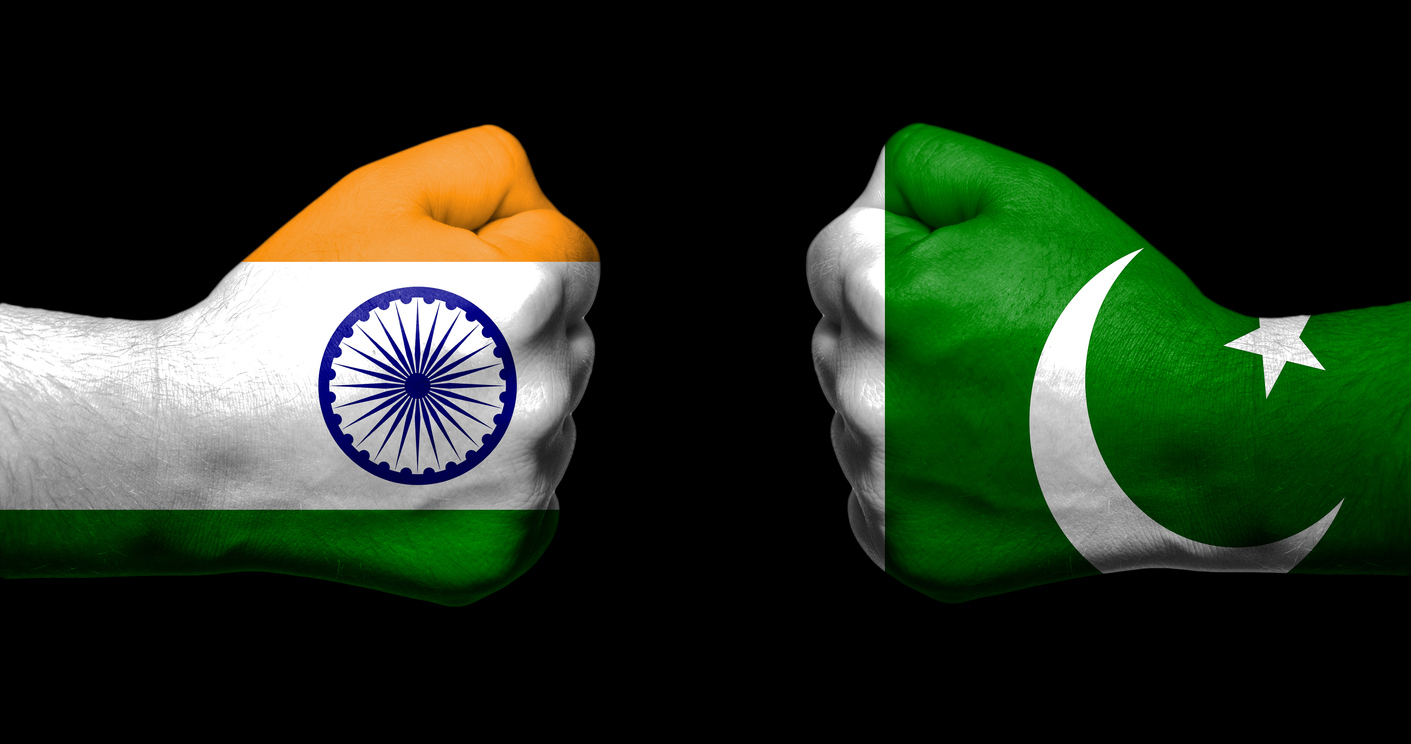- Friday, May 02, 2025

By: Shubham Ghosh
India on Wednesday (25) issued a notice to Pakistan for modification of the Indus Waters Treaty (WTS) which was signed between the two countries in September 1960 following Pakistan’s alleged “intransigence” over its implementation, NDTV reported citing sources.
New Delhi sent the notice to Islamabad through respective commissioners for Indus waters, as per provisions cited in the pact. According to the sources, the action became necessary after Pakistan refused to discuss and resolve the issue related to India’s Kishanganga and Rattle hydro electric projects over the last five years despite New Delhi putting efforts, the report added.
“India has always been a steadfast supporter and a responsible partner in implementing IWT in letter and spirit. However, Pakistan’s actions have adversely impinged on the provisions of IWT and their implementation, and forced India to issue an appropriate notice for modification of IWT,” the sources were quoted as saying.
In 2015, Islamabad sought a neutral expert to examine its technical objections to the Indian hydro-electric projects. The next year, it unilaterally withdrew and proposed that a court of arbitration adjudicate its complaints. According to sources, two simultaneous processes were in contravention of the graded mechanism for settling disputes and India then made a separate plea for referring the matter to a neutral expert.
“The initiation of two simultaneous processes on the same questions and the potential of their inconsistent or contradictory outcomes creates an unprecedented and legally untenable situation, which risks endangering IWT itself. The World Bank acknowledged this itself in 2016, and took a decision to “pause” the initiation of two parallel processes and request India and Pakistan to seek an amicable way out,” NDTV quoted the sources as saying.
Government sources said that despite repeated efforts made by New Delhi to find a mutually agreeable way, Islamabad declined to discuss the issue during the five meetings of the Permanent Indus Commission between 2017 and 2022.
The World Bank recently initiated actions on both the neutral expert and court of arbitration processes at Pakistan’s relentless insistence, they said.
India and Pakistan, which were separated at the time of their Independence in 1947, signed the treaty in 1960 after nine years of negotiations, with the World Bank as a signatory of the pact.
The treaty lays out a mechanism for cooperation and information exchange between the two South Asian neighbours over the use of waters of several rivers.
While it gives control over the waters of the three “eastern rivers” — the Beas, Ravi, and Sutlej — to India, that over the waters of the three “western rivers” — the Indus, Chenab, and Jhelum — goes to Pakistan.
India has about 20 per cent of the total water carried by the Indus system, while Pakistan has 80 per cent.
The IWT is considered one of the most successful water-sharing initiatives in the world today.